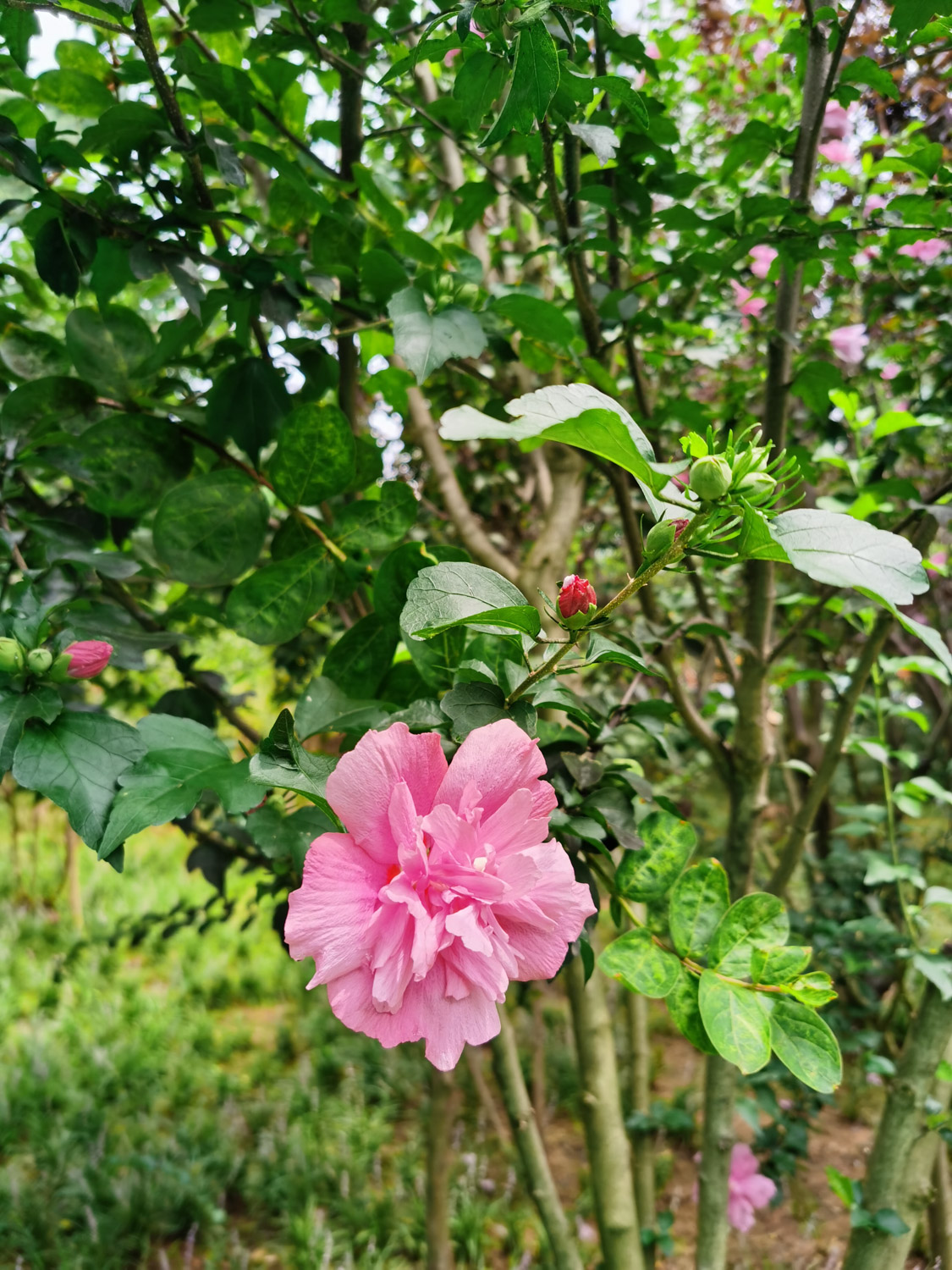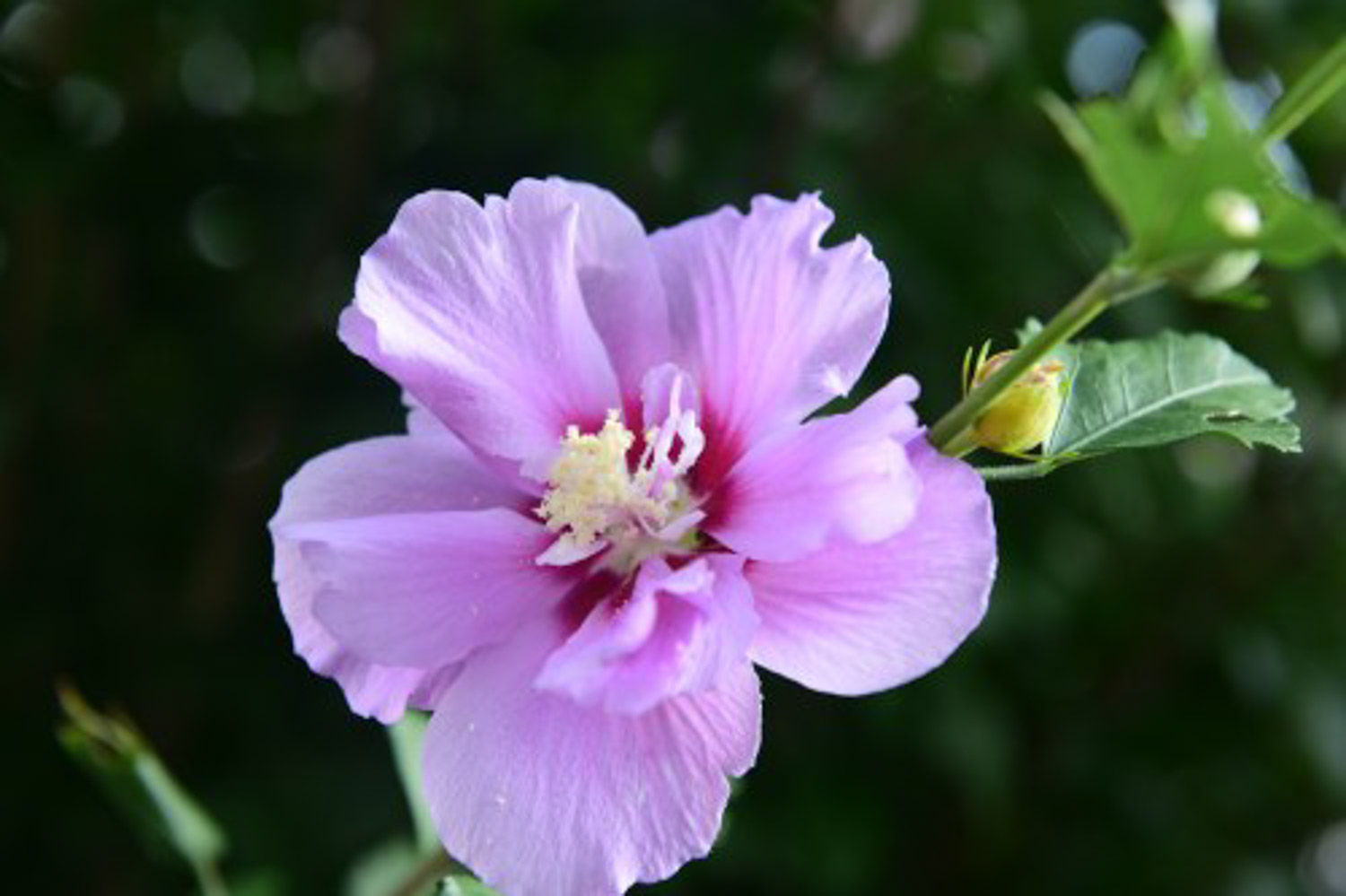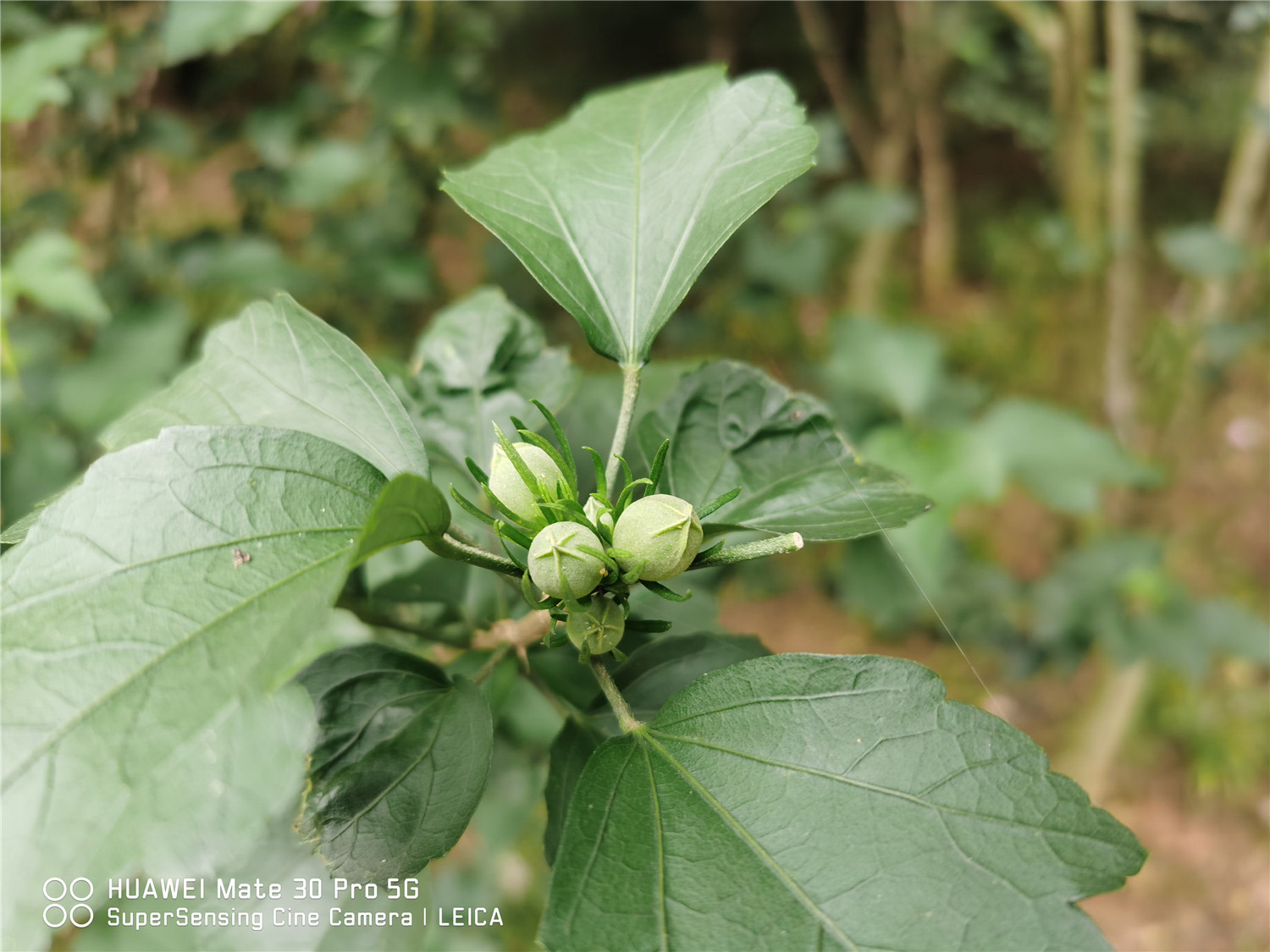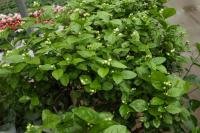1、 Soil
Hibiscus has good adaptability and lax demand for soil. It cannot survive in the alkaline soil. But deep, fertile and loose soil is most suitable for its growth
2、 Sunshine
Hibiscus likes light and can endure half shade. During the growth period, we should ensure that there is enough sunshine, but the sunshine can not be too strong. In summer, when the sunshine is strong, we should block it in time. We can also move into the house to prevent the strong sunlight from directly irradiating, causing the flowers and leaves to lose water and wither

3、 Fertilization
When it sprouts, it should add nutrients in time, mainly quick acting fertilizer, to promote nutritional growth. Apply nutrients containing phosphorus and potassium for 1 ~ 2 times before budding to promote plant pregnancy and flower bud. During flowering from May to October, nutrients shall be added twice in combination with weeding and other activities, mainly containing phosphorus and potassium, supplemented by nitrogen-containing substances, so as to ensure the number of flowers and the growth of trees
4、 Watering
Hibiscus is suitable for places with plenty of water and moderate temperature. Therefore, it is necessary to maintain the moisture of the soil. If there is little water and no rain for a long time, it should be watered more. However, it does not like too much water. After the rain, the water in the basin should be discharged in time. Preventing too much water in plum rain season is the main task of its healthy growth

5、 Precautions
There are few diseases during the growth of Hibiscus, but they also occur from time to time. Harmful insects mainly include coir moth, night moth, longicorn beetle, etc. The way to prevent harmful insects is to properly ventilate and maintain a moderate temperature at ordinary times. When harmful insects are found, measures shall be taken immediately, centralized treatment shall be carried out, and non-toxic and effective drugs or bactericides shall be used to prevent and kill them


 jackfruit
jackfruit snake plant
snake plant hibiscus
hibiscus hydrangea
hydrangea lavender
lavender Green roses climb al...
Green roses climb al... If you don't pay att...
If you don't pay att... Management of four g...
Management of four g...
































